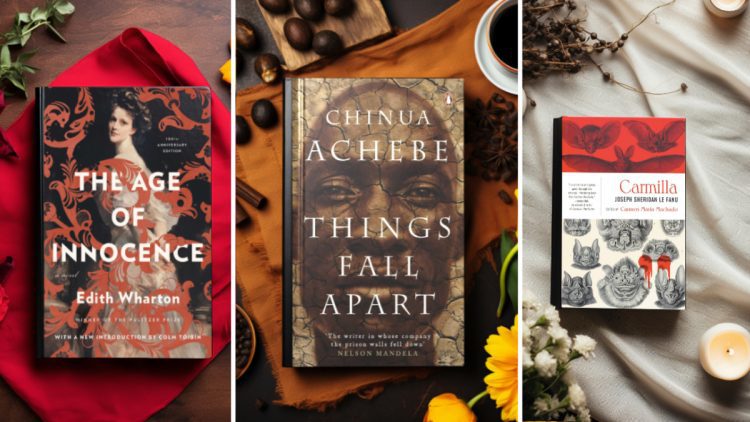Classic literature is many things. To the kids reading it in English class, often it is boring. But something magical happens around adolescence to young adulthood where the intersection of history and appreciation for art kicks in, and classic literature becomes a merit to complete.
Although, what is considered classic literature? The internet has many definitions, although the biggest distinction is classic literature versus modern classic literature. We can write an entirely separate article about modern classic literature, but this definitive list of 20 classic books is going to focus on works written before 1960 simply because of the shift in style that took place at this point in literature history.
Whether you are looking to challenge yourself with a classic read or interested in upping your overall knowledge on this genre of literature, check off these 20 create classics. While some classic books are “difficult” to get through, these 20 books will have you turning pages.
RelatedBest Historical Fiction Books for a Fascinating Journey Through Time
20. Anna Karenina by Leo Tolstoy
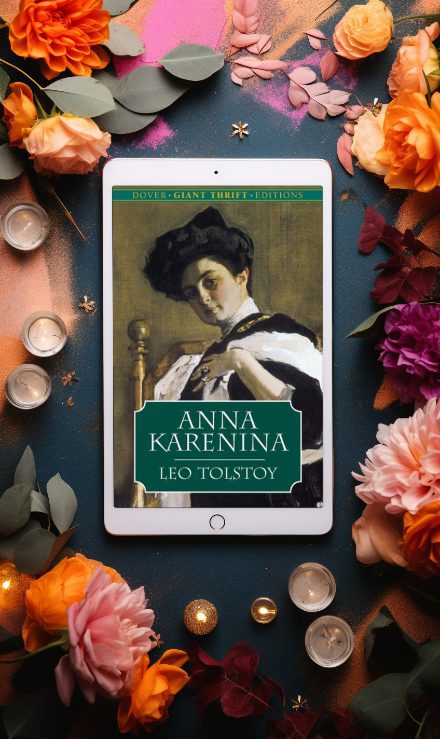
Speaking of difficult books to get through, this book most definitely has a rep for it. Start with a few pages every day, and soon you will fall in love with the comedy and drama between the outrageous characters.
The plot circles around an extramarital affair between Anna and an officer of the Russian Cavalry. As the secret spreads around the social circles of St. Petersburg, the lovers escape to Italy. On their eventual return, they find their home is not as it was before.
19. Pride and Prejudice by Jane Austen
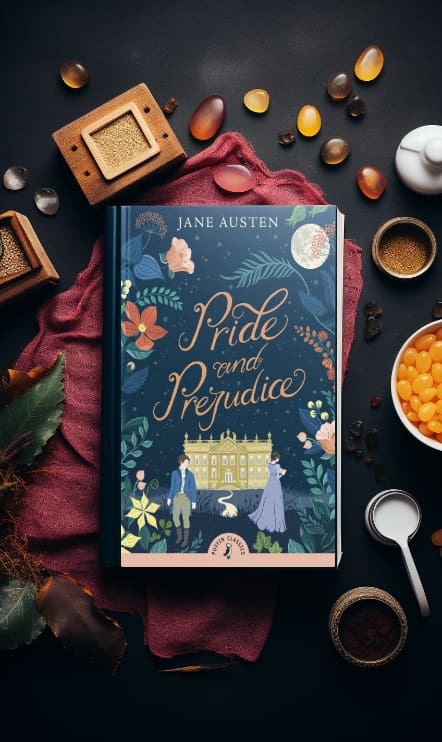
Jane Austen is one of the female authors who left a huge imprint on classic literature, so much so there are more than one of her works on this list of greatest classic novels.
Elizabeth finds herself appalled by meeting the famed Mr. Darcy because of the way he carries himself and his wealth but also because of the rumors regarding his character. In this foes-to-lovers romance novel, the two characters very slowly spark a flame and in turn learn some hard life lessons.
18. Rebecca by Daphne du Maurier
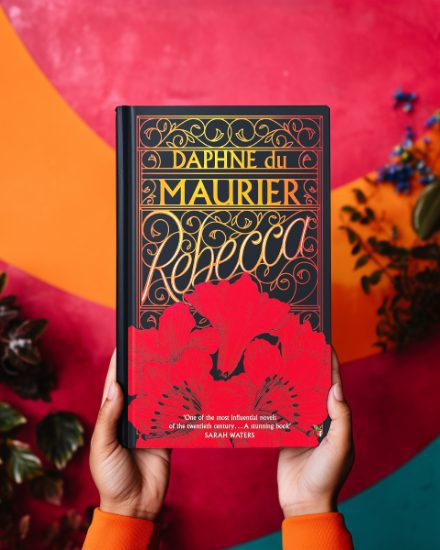
This gothic novel holds the test of time, and to this day spooks modern readers. A woman in the 1930s falls in love with a vacation fling, only to quickly become his wife and return to his home in Northern England. This side of society is unknown to her, living on an estate with servants. But the real test becomes living in the dark shadows of Rebecca, his first wife whose death is still mysterious.
The woman becomes haunted by Rebecca’s ghost and slowly begins to question the reality of her new life. This eerie ghost story is a nail bitter till the very end.
RelatedUnlock Nostalgia: Top Popular Cult Classic Books For Millennials
17. The Great Gatsby by F. Scott Fitzgerald
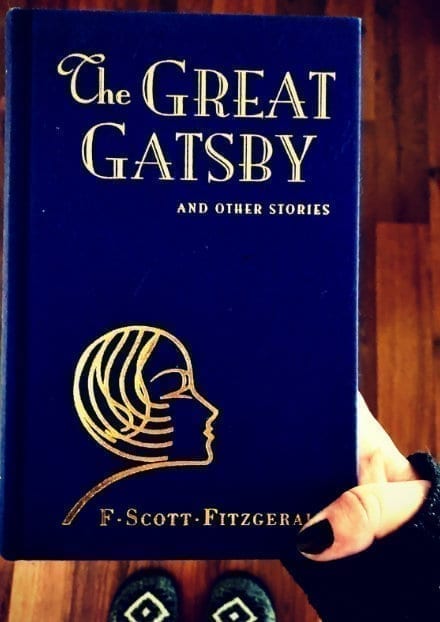
While you may have read this book as mandatory reading in your high school English literature class, have you revisited the book as an adult? Take a trip back to the roaring 20s with F. Scott Fitzgerald.
Nick Carraway takes up a house in upstate New York, not knowing that his neighbor is the talk of the town: Mr. Gastby, a new moneyman who no one knows much about. It turns out that nothing is by chance, as Nick befriends his neighbor, rekindles a friendship with his wealthy cousin, and finds an unexpected connection between them. The real star of the story is the question of morality and its connection to class and society.
16. Carmilla by Joseph Sheridan Le Fanu
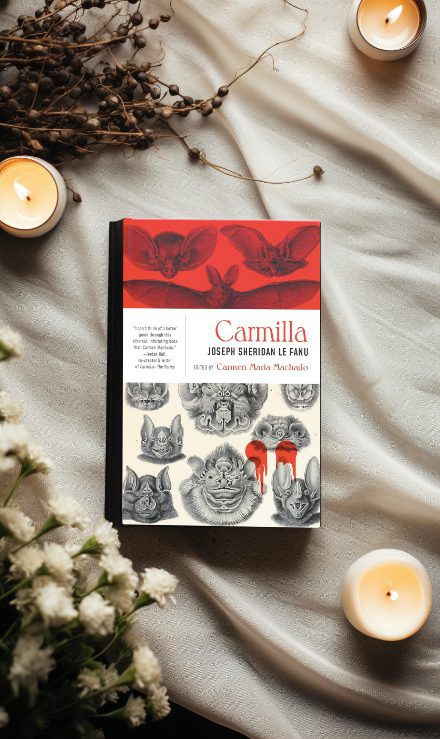
Long before there was Dracula, there was Carmilla. The first vampire book ever written is the definition of classic literature.
Taking place in the 19th century, a young woman feeling quite isolated saves the life of a mysterious young woman named Carmilla. Desperate for a friend, she begins to get feelings stronger than friendship – love even – before realizing her beloved is a vampire and she could be destined for the same fate.
15. Frankenstein by Mary Shelley
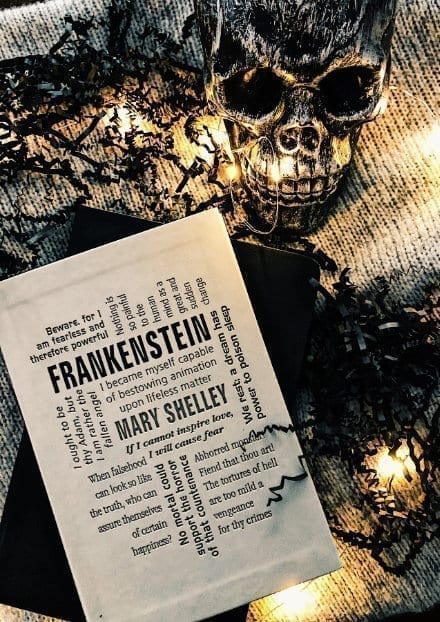
Mary Shelley literally invented science fiction when she published her masterpiece, Frankenstein. The story of a mad scientist who wants to remove women from the creation of life becomes a horror story. As women are removed, Shelley is commenting on the chaos doomed to a world without women.
While she invented science fiction and made huge contributions to gothic fiction, she brought the conversation of feminism to literature and history throughout many of her works.
14. Persuasion by Jane Austen
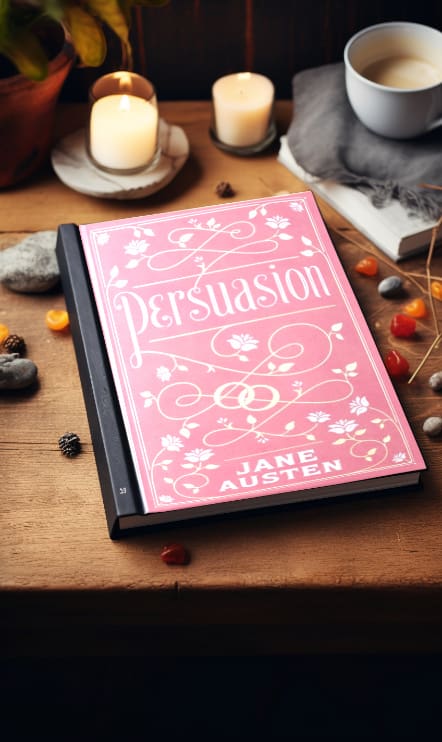
Jane Austen gets a second credit for the best classic literature book ever written with her work, Persuasion.
In this book, Austen comments on the autonomy of women and how they were often persuaded to be controlled – losing control of their own destiny. This theme is also layered with societal expectations, class differences, and as always, love.
13. Romeo and Juliet by William Shakespeare
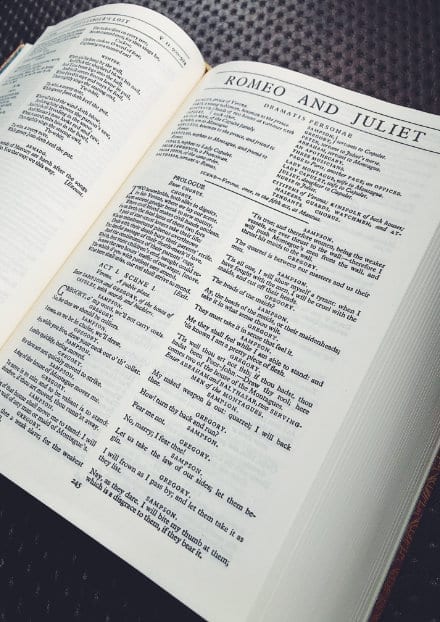
A list of classic literature may be incomplete without a work by Shakespeare. Many might argue that this spot is better given to Hamlet or King Lear, but this editor decided to prioritize Romeo and Juliet because is more greatly accessible. Plus the love sonnets woven throughout are an irresistible test of time.
Revisit the tale that tests time, the play that created the starcrossed lovers’ troup and romanticized young love.
12. The Last Man by Mary Shelley
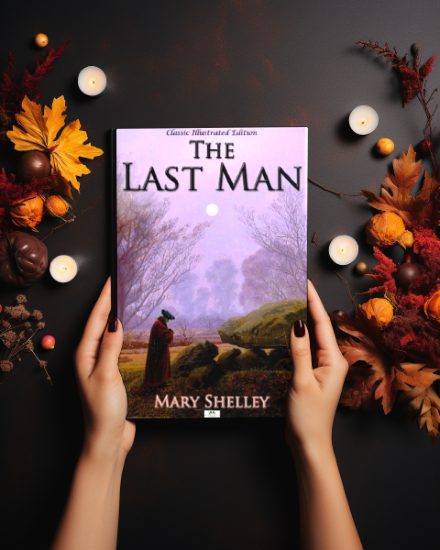
Mary Shelley was a force to be reckoned with as well as a major contributor to classic fiction, and expanding the genres in which women created masterpieces – from gothic to science fiction.
The Last Man is one of the contributing works to the dystopian genre, where a catastrophe leaves the world in pieces, and those who survived and left to pick up the pieces and are tested by their humanity. If this trope sounds familiar to you, it is because this is one of its most important origins.
11. Wuthering Heights by Emily Bronte
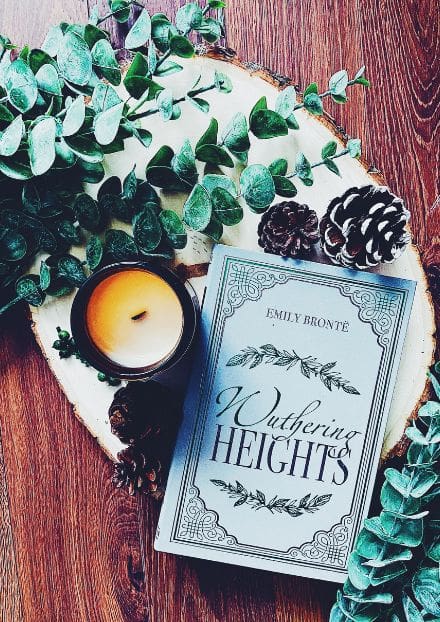
Wuthering Heights is what put revenge on the map. This story is without a doubt a romance novel, but it more or less plays the romance backward. As Catherine and Heathcliff fall passionately in love, they are forced apart by society and class standards.
This pushes the plot to revenge, as Heathcliff is driven by a passion to take as much as he can away from the people who took away Catherine. The story takes place over 10 years of love and plotting.
RelatedWhat Are The Benefits Of Reading Classic Literature?
10. Little Women by Louisa May Alcott
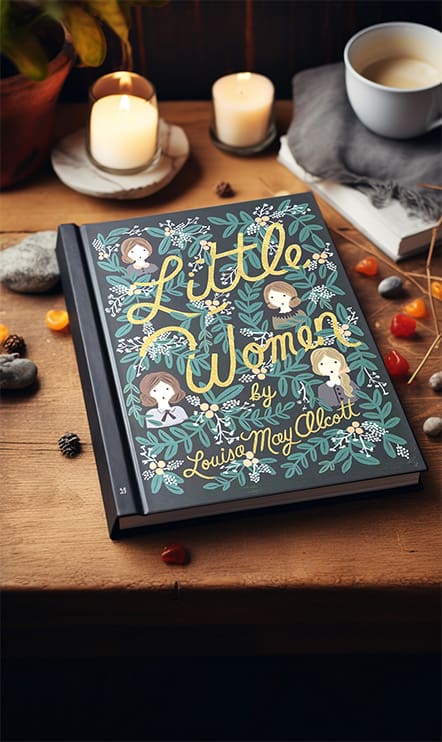
This list would not be complete without including Louisa May Alcott’s masterpiece, Little Women. The reason this book stands the test of time is how Alcott puts women’s experiences into conversation with history and power. The way that each of the women in the family has their own journey, their own paths to freedom that are unique but also in parallel to society is timeless.
Follow these women on their coming-of-age journey through time, a book that can be revisited more than once.
9. The Age Of Innocence by Edith Wharton
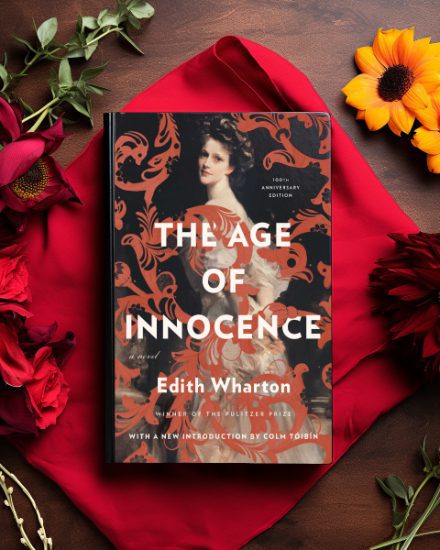
Introducing the book that really put love triangles on the map in classic literature, The Age Of Innocence is all about exploring the unconventional.
In a loveless marriage between a high-society New Yorker and a debutant, the socialite falls in love with a divorcee, sparking rumors and testing the cultural norms of what is acceptable versus what sparks joy.
8. Go Tell It On The Mountain by James Baldwin
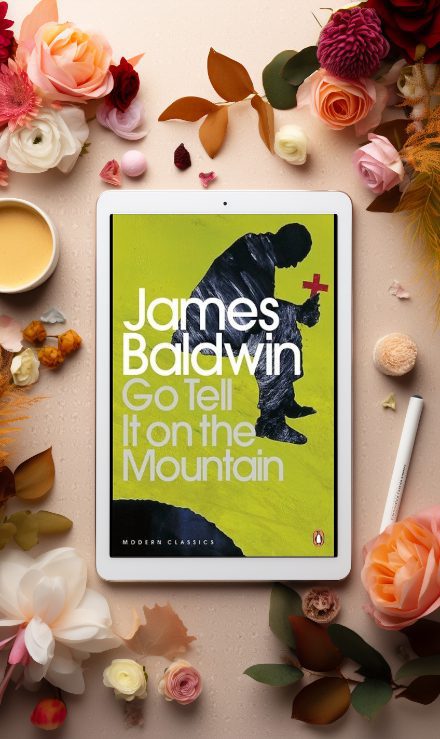
James Baldwin is an iconic and integral author of literature and history, and his work tends to identify more with modern classics. But as Go Tell It On The Mountain was originally published in 1953, it was included here in order to give due credit to the author’s contribution to literature in both eras.
The plot is simple, but the meaning is complex. The protagonist John Grimes is a young man growing up in Harlem, simply navigating life, society, and family. The book focuses on his familiar relationships, and sense of self on the road to discovery. A true classic that should be on everyone’s reading list.
7. To Kill A Mockingbird by Harper Lee
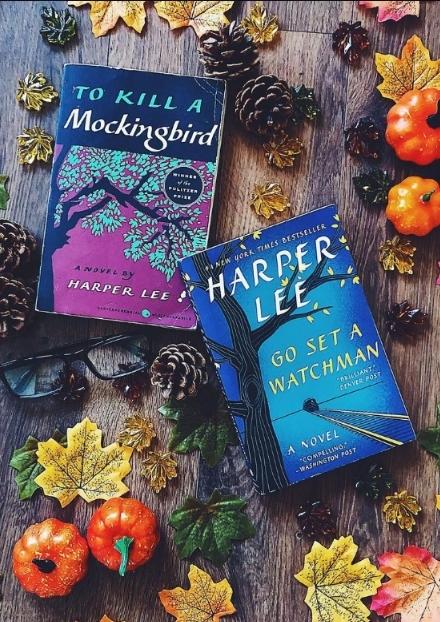
This is the only book that almost didn’t make the cut simply due to the fact it was published in 1960, but this editor feels its sentiments are more related to classic literature by this definition than modern classics. Call it what you want, a classic it is.
Scout and her brother Jem are the children of Atticus Finch, a lawyer who has taken on a controversial case in their small town. Told from the perspective of a child, Scout recalls the prejudice that took over her town and how these sentiments directly influenced the American legal system.
6. 1984 by George Orwell
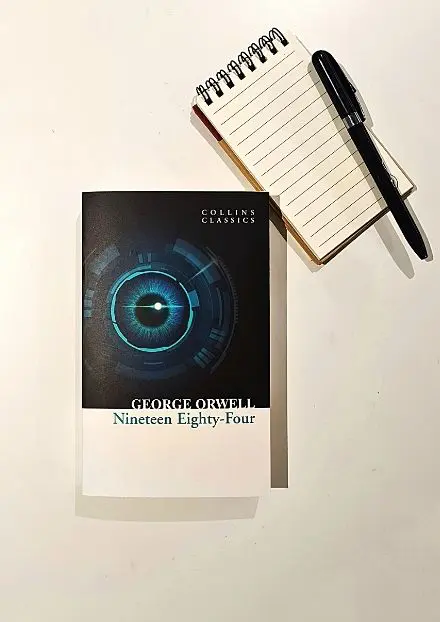
Despite the name, the book was written in 1959 as a warning to readers about the dangers of authoritarianism.
His is one of those classic books that takes a very unexpected turn. From beginning as a dystopian novel, turning to a romance and then sharply becoming horrific. In spite of when it was written, it holds a modern significance for the ideal of surveillance and ethics. A must-read for connecting the past and present.
5. Mrs. Dalloway by Virginia Woolf
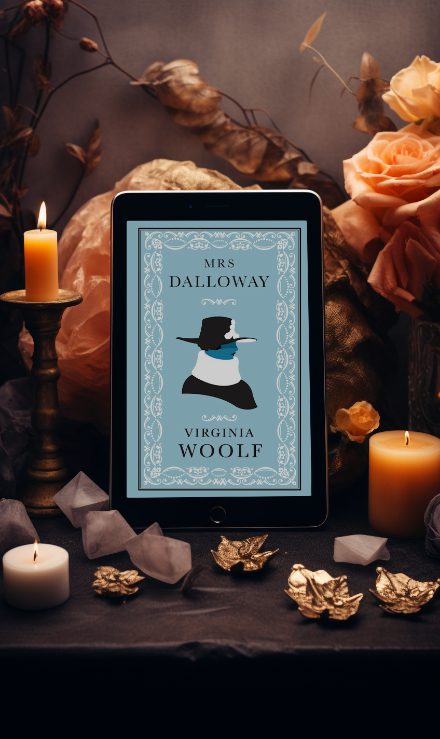
Virginia Woolf has many important works, but Mrs. Dalloway is by far her most popular and deserves credit for its creativity in the plot. The entire book takes place over the course of a day, following the life of a socialite Mrs. Dalloway.
As she is passing through a typical day, an old lover shows up at her doorstep unexpectedly and the two reminisce not only on what could have been, but what happened to the dreams they had as young people. This book demonstrates the disillusionment of class and society in 1920s England.
4. Heart of Darkness by Joseph Conrad
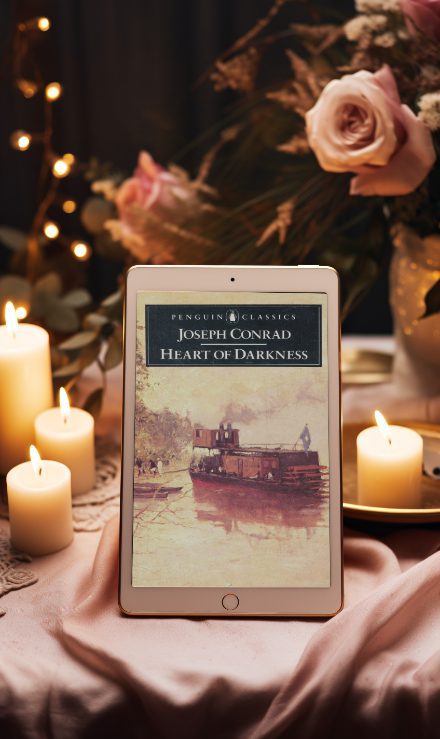
For those who love an old-timed adventure novel, Heart Of Darkness is what sparked the adventure literature genre, or at least put it on the map. Set in the 1890s the protagonist is given an assignment in Africa.
Marlow is tasked with a mission to the Congo to extract an Ivory seller and return to England, a journey that becomes more treacherous and impossible with every day. The book observes the direct effects of colonialism, and the darkness in this period where the damage done does not balance the profits taken.
3. Les Miserables by Victor Hugo
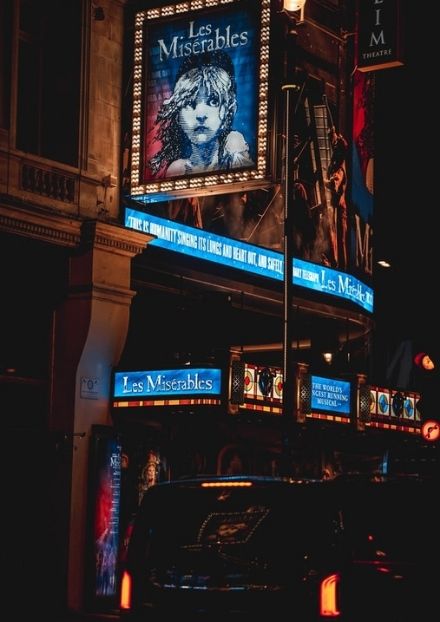
Many people forget that the world-famous musical is adapted from an original book. The novel follows the iconic characters, and their lives during a critical moment in French history, the revolution.
The protagonist as you may already know is Jean Valjean, and after 19 years in prison, he is released but breaks his parole in order to help an orphan, whom he raised as his own. Many years pass, and Valjean is still haunted by a parole officer, who dooms in as the revolution gets closer.
2. Things Fall Apart by Chinua Achebe
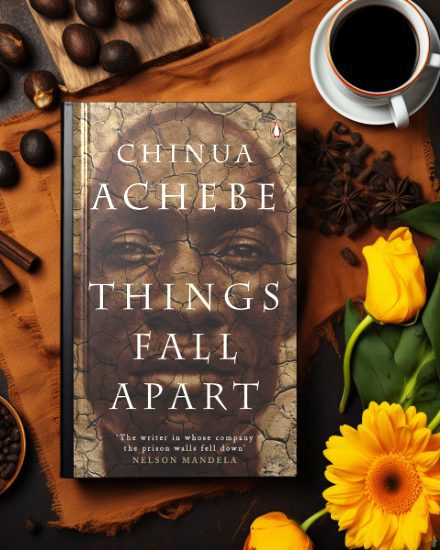
Chinua Achebe highlights the life and experience of the Igboo people in Southeast Nigeria’s pre-1890s colonialization expansion. The protagonist Okonkow is faced with a crime against his own tribe and spends 7 years in exile before returning to a new era poisoned by Westernization.
Achebe portrays the rich and complex culture of the Igboo people and the direct destruction they suffered while also dispelling stereotypes about Africa both in the past and influencing even today’s standards.
1. Brave New World by Aldous Huxley
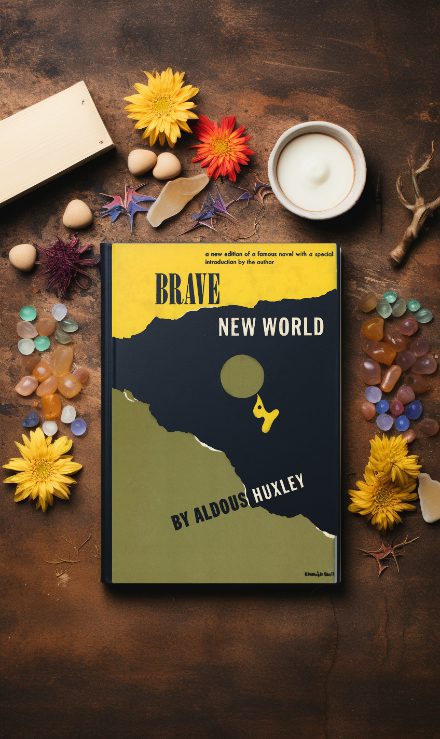
Brave New World takes science fiction and dystopian literature to the next level. In Aldous Huxley’s future, the world and society are completely restructured around science and efficiency. There is no more emotion, nor relationships and the society is built around sameness instead of individuality.
In this iconic dystopian novel envisioning a future that is predetermined warns against the danger of the loss of the individual to society, while incorporating social commentary on ideas like Marxism, communism, capitalism, and classism. Pick up the book to learn more about these topics in an intellectual discussion.

